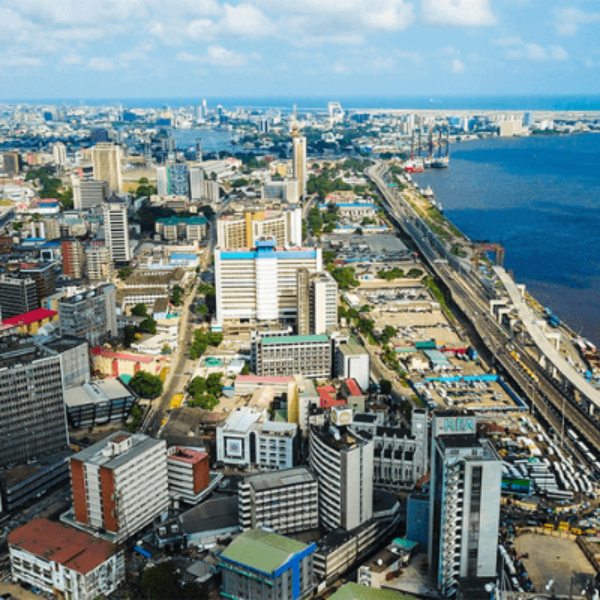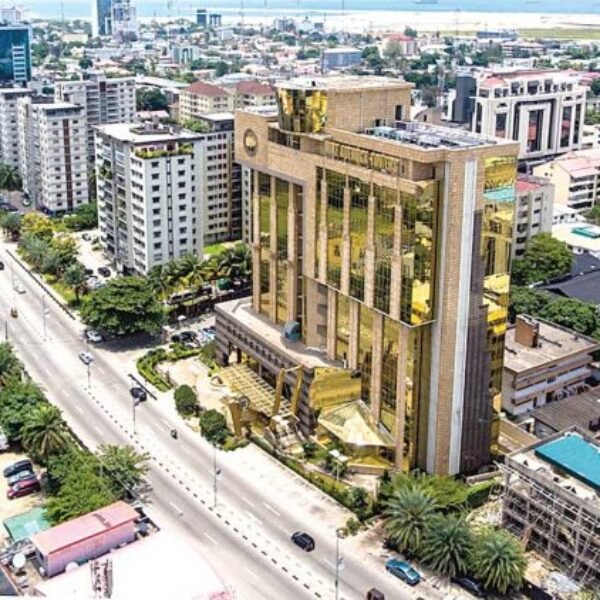Investing in Nigerian Real Estate from Abroad
Nigeria is emerging as a prime destination for real estate investments, drawing the interest of investors from the Diaspora looking for lucrative opportunities. With the country’s expanding economy and growing middle class, the Nigerian real estate market offers attractive returns within a relatively short period.
Oluwole Fapohunda, CEO of Seven30 Real Estate Limited, provides guidance on how investors from the Diaspora can successfully tap into the Nigerian real estate sector. He discusses the regulatory environment, investment opportunities, and potential obstacles.
Understanding the Regulatory Environment
Grasping the regulatory landscape is crucial for international investors aiming at Nigeria’s real estate market. The Federal Government is implementing reforms to enhance transparency and attract foreign investments. However, the land tenure system is intricate, governed by both state and federal laws, which can complicate property ownership.
Fapohunda advises investors to seek legal experts familiar with Nigerian real estate laws to ensure smooth and compliant transactions. “Many companies today, such as Seven30 Real Estate, offer services that make real estate transactions seamless for clients both locally and abroad,” he remarks.
Exploring Investment Opportunities
Nigeria’s real estate market offers diverse investment opportunities across residential, commercial, and industrial sectors. Population growth and urbanization drive the demand for housing, making residential developments especially appealing. Meanwhile, the commercial real estate sector is booming in major cities like Lagos, Ibadan, and Abuja, where a thriving business environment increases the demand for office spaces and retail outlets.
According to Africa Facts Zone, “Lagos State ranks as the 46th largest economy among 54 African countries, with a GDP of $101.08 billion. If it were a country, Lagos would be the eighth largest economy in Africa.”
Overcoming Market Challenges
Despite the promising returns, investors must be aware of the challenges in Nigeria’s real estate market. Issues such as land disputes, bureaucratic hurdles, and infrastructure deficits can impede smooth transactions. Fapohunda recommends partnering with reputable local firms and conducting thorough due diligence to mitigate these risks. Additionally, investors should be mindful of currency exchange rate fluctuations, which can impact returns, emphasizing the need for effective risk management strategies.
Mitigating Risks
To mitigate risks, international investors should leverage local expertise and establish robust networks within the Nigerian real estate sector. Collaborating with trustworthy real estate agencies, legal advisors, and property management firms can provide valuable insights and operational support. Diversifying investments across various sectors and locations can also help in creating a balanced and resilient portfolio.
Conclusion
Investing in Nigeria’s real estate market from abroad presents a unique opportunity to capitalize on the country’s economic growth and dynamic real estate sector. Despite the challenges, strategic planning, comprehensive research, and strong local partnerships can pave the way for successful investments. As Nigeria continues to evolve, international investors are well-positioned to play a significant role in shaping its real estate landscape, contributing to its development while reaping the benefits of a growing market.







